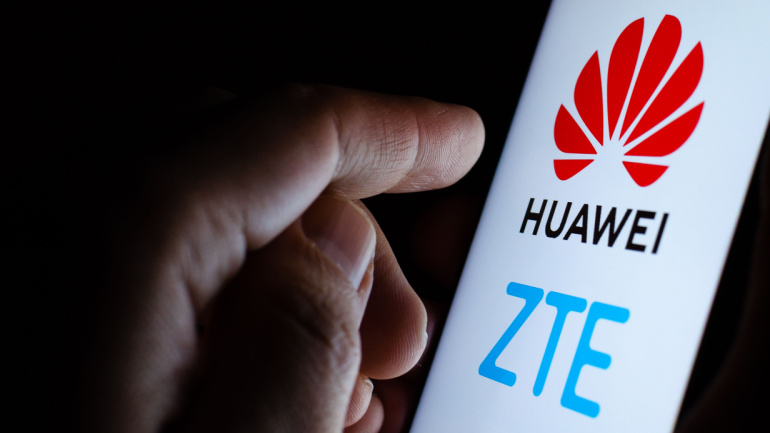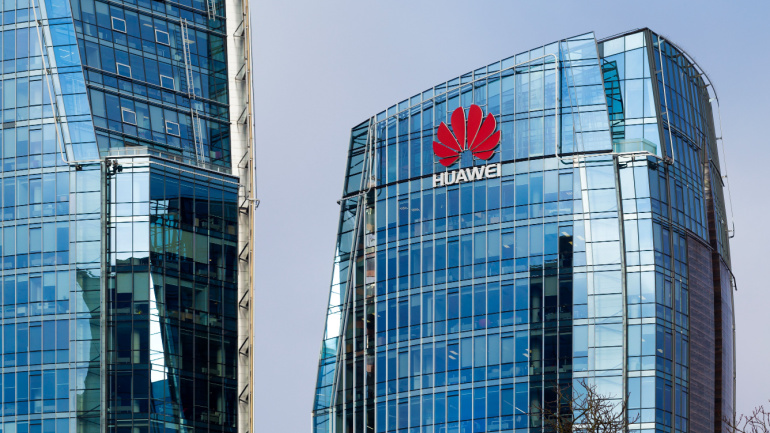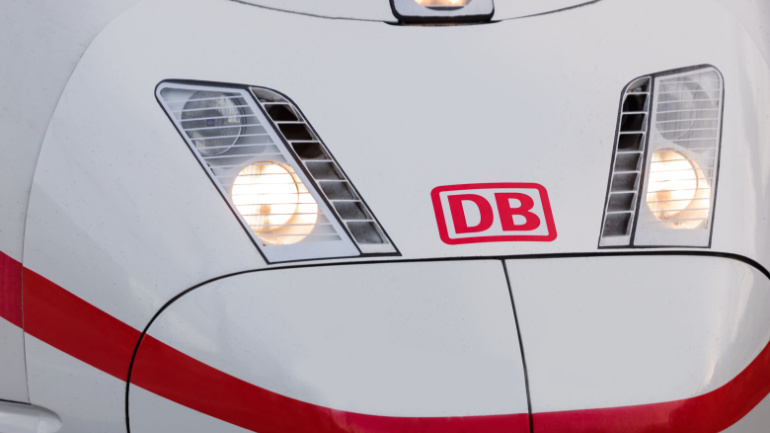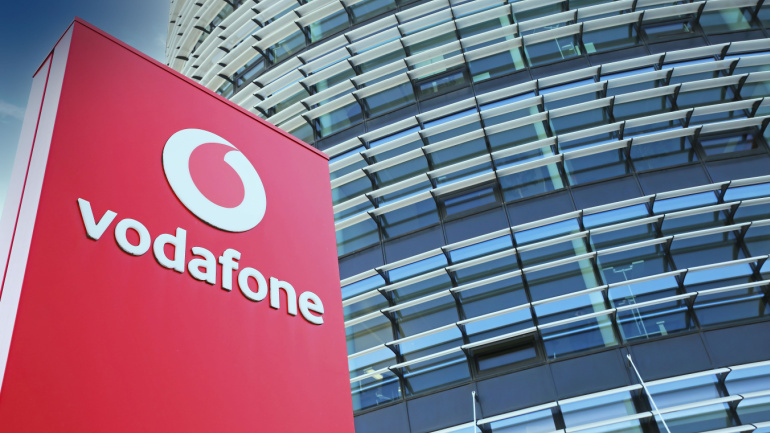In an exciting leap forward for 5G technology in Europe, Ericsson and O2 Telefónica in Germany have joined forces to accomplish a remarkable feat in the development of 5G Cloud RAN technology. Their groundbreaking Proof of Concept (PoC) deployment at O2 Telefónica’s Wayra innovation hub in Munich showcased the immense capabilities of Ericsson’s first 5G Cloud RAN installation on the continent. The PoC utilized cutting-edge mmWave frequency and a centralized control unit (CU), achieving an impressive end-to-end speed of over 4 gigabits per second.
Emerging as a benchmark for sustainability, Vodafone negotiates a massive 410 Gwh photo-voltaic energy deal yearly with renewable firm Iberdrola, aiming at operations in Germany, Portugal, and Spain. This agreement, an expansion on their existing partnership, likely opens doors to further renewable initiatives. Vodafone’s commitment towards an eco-friendlier future radiates, from charging points for electric vehicles at their primary facilities in Spain to ensuring customers’ benefits from 100% renewable purchased electricity.
ADI invests €630 million to expand its Limerick operations, tripling fabrication capacity and fostering innovation through the €100 million ADI Catalyst Centre. Meanwhile, energy efficiency becomes a priority for 5G Massive MIMO and future 6G development.
The EU’s messaging around “high-risk” vendors hints at a potential ban on Huawei and ZTE, urging members to accelerate their removal from 5G networks. As the EU Commission pushes for swift implementation, the debate on security risks and dependencies intensifies.
EU Contemplates 5G Vendor Ban Amid Huawei Funding Debate The European Union is debating whether to ban certain companies from their 5G networks due to security concerns. Huawei, the company most affected by the potential ban, is receiving funding of around €3.89 million from the EU for research in areas like 6G, AI, and cloud computing under the Horizon Europe research program. Horizon Europe is the EU’s main research and innovation initiative, with a proposed budget of €12.8 billion in 2024. The EU is worried about member countries, especially Germany, being slow to restrict the use of “high-risk” vendors. Analysts suggest that stricter measures from Germany would greatly impact Huawei’s presence in Europe. Read the full article European Commission Targets Google’s Adtech Dominance with Statement of Objections The European Commission has raised concerns about Google’s control of the digital advertising ecosystem and issued a Statement of Objections against the tech…
As the EU deliberates banning “high-risk” companies from its 5G networks, Huawei receives €3.89 million in funding for research into 6G, AI, and cloud computing. With Germany’s position potentially sealing Huawei’s fate in Europe, the future remains uncertain.
Deutsche Bahn, Ericsson, O2 Telefónica, and Vantage Towers collaborate on the Gigabit Innovation Track project, securing €6.4 million to provide gigabit 5G speeds for German train passengers and explore resource-efficient implementation methods. The trial aims to deliver reliable 5G by 2024, potentially impacting global connectivity improvements.
Discover how new regulations could boost UK drone industry, as a recent report unveils key recommendations to enhance competitiveness and tap into a potential £45 billion contribution to the economy by 2030.
EU Commissioner Thierry Breton calls for accelerated replacement of high-risk vendors in 5G networks, emphasizing the importance of adhering to the 5G Toolbox framework. As some countries lag behind, a potential EU-enforced ban looms, sparking debate on costs and security.
Germany’s Bundeskartellamt investigates Vodafone’s Vantage Towers for potentially obstructing 1&1’s 5G rollout, raising questions on fair competition and business practices in the telecommunications industry.












